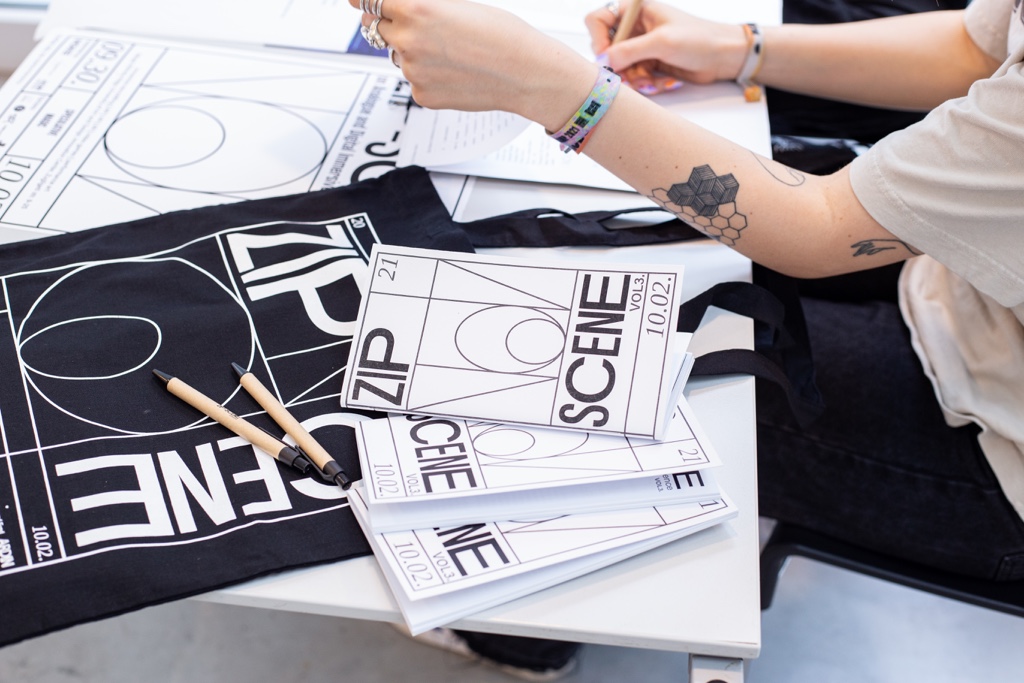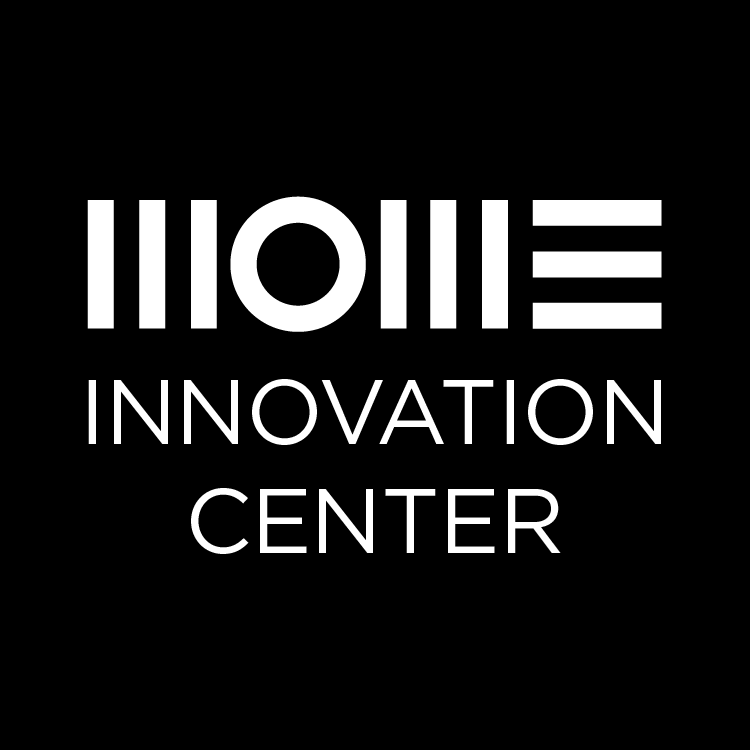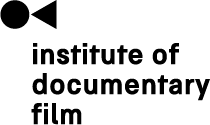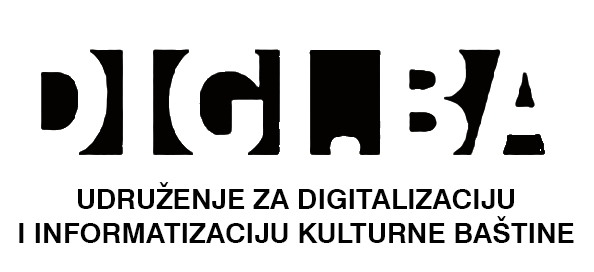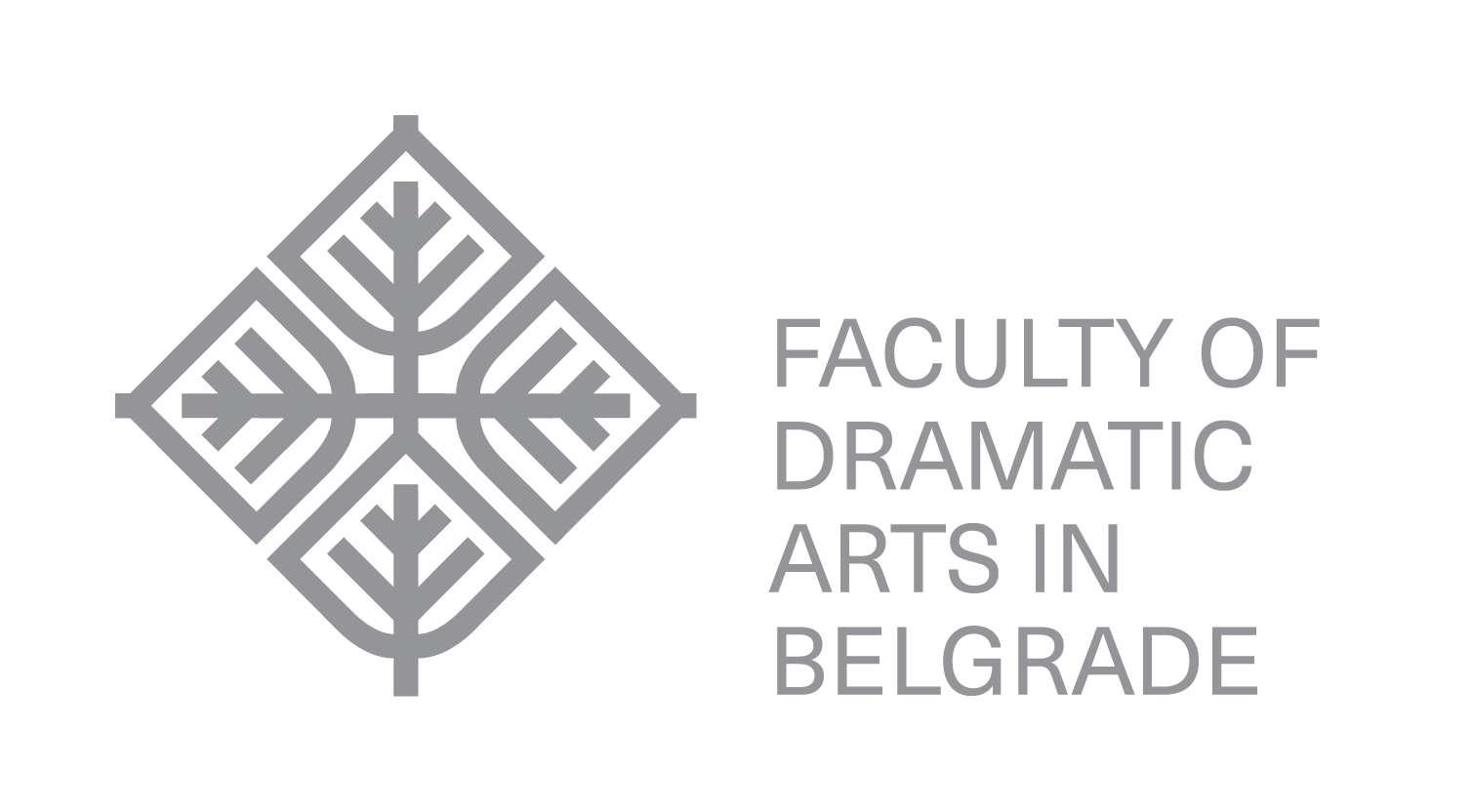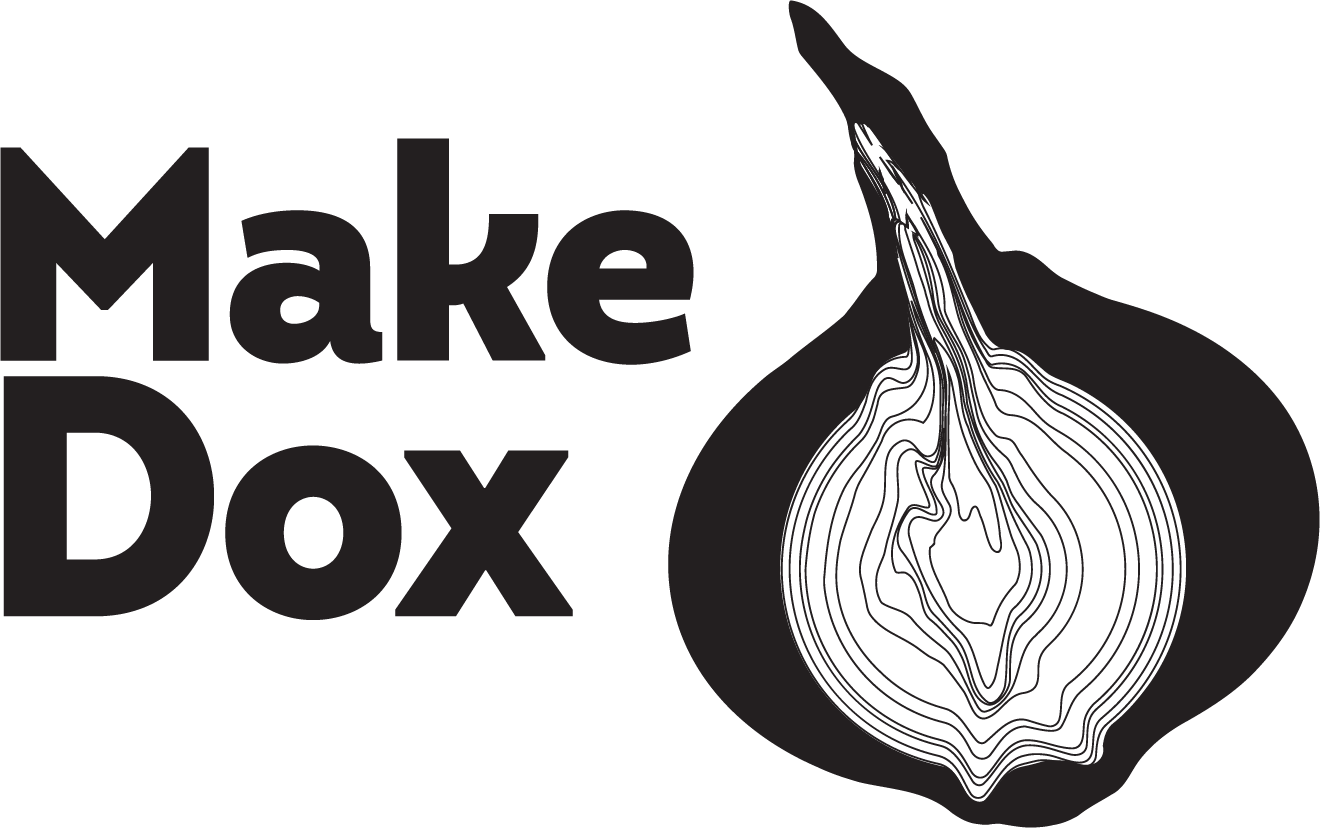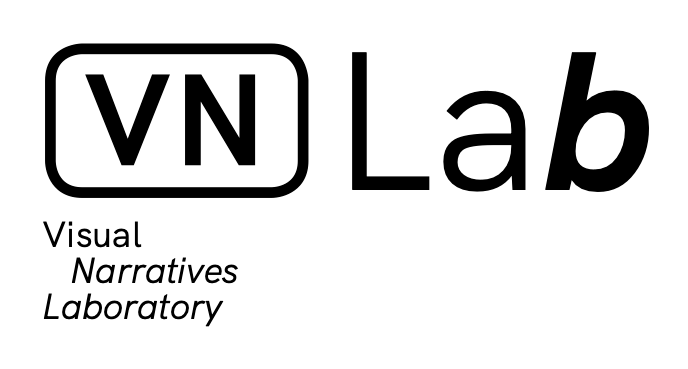Proposed dates:
10-12 November, 2022
Venue:
Innovation Center of Moholy-Nagy University of Art and Design, Budapest, Hungary
Topic:
From the Holodeck to the Metaverse: Interactive Speculative Narratives. Online, mixed reality, performing arts projects representing complex issues, addressing personal health and speculating about the future.
The Metaverse can be considered as a possible realization of the Holodeck concept, a fully realized immersive environment depicted in the Star Trek: The Next Generation TV series and described in Janet H. Murray’s seminal book Hamlet on the Holodeck. Although the Metaverse itself is not (yet) fully realized, the concept inspires us to develop and try out new formats for connecting the analogue and the virtual spheres. Performances made in social VR platforms experiment with the sense of shared liveness and common activities that have an effect in both the physical and the virtual spheres of our experiences. Productions for VR headsets are experimenting with various storyworld architectures while each consecutive announcement of a forthcoming AR headset creates additional expectations. The ever tighter connection between the physical and digital spheres does have the potential to create experiences that are more similar to the ones depicted for the Holodeck, with increased visual fidelity, more modes of interaction and a higher level of agency.
To better grasp the changing world and the complexity of the changes, it is important to improve emerging artistic and scientific practices to enable critical reflection. Virtual Environments and the Metaverse provide particular opportunities in this regard, provided we embrace the changing relations between creators, audiences and scientists they bring about. Virtual Environments could also be described as interactive design fictions (Sterling, 2012), virtual sandboxes to try out novel ways of communicating, interacting and expressing, in the sense of “Playful Utopias” (Koenitz 2019). This notion connects VEs to the long tradition of literary and cinematic utopias and their effect on reality (cf Shedroff et. al. 2012) and positions VEs as a more democratic, participatory form of speculative narratives, especially in the realm of Metaverse-like environments. In this year’s conference, we aim to have a special emphasis on how IDN’s and related applications can guide us to a more peaceful future and/or also guide us for taking better care of each other.
We also welcome presentations that discuss research results related to physical and mental healthcare and completed projects that use Interactive Digital Narratives (IDN) for representing complex topics or as actual tools used in healthcare. Existing research looks into mental health therapy applications, e.g. interactive story authoring to facilitate the process of reflection (see Brown and Chu 2021) or the use of a transmedia narrative framework can be used for pediatric counseling (Kadastik and Bruni 2021). In recent years, the use of interactive digital storytelling in interdisciplinary research and education methods became more prevalent (see Skains 2021) and we invite presentation of such projects to the Zip-Scene community to demonstrate how applied IDN research can serve as a tool for treatment, healing or relaxation.
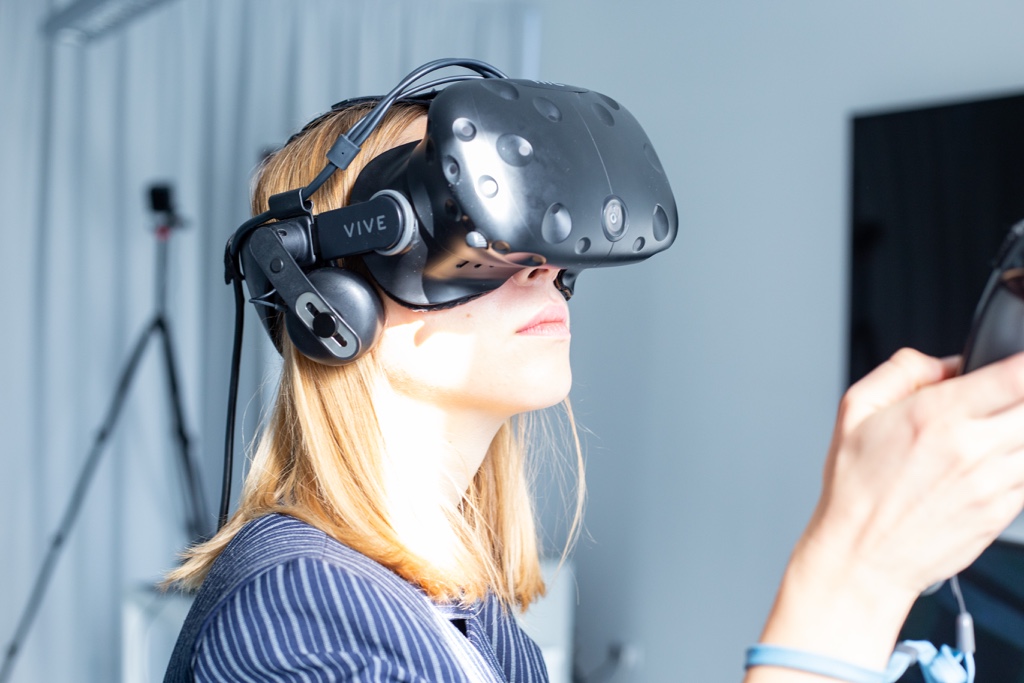
The Zip-Scene Conference takes XR/extended reality (VR/AR/MR) and Metaverse-related works seriously and treats them on equal footing to film and performing arts, and wishes to expand its scientific treatment and reflection. On this basis, we are inviting papers that address narrative experiences enabled by digital platforms, especially online and XR or related to the Metaverse. We are also looking for IDN practices and prototypes from medical and mental healthcare practices that could offer new approaches on how storytelling can be embedded in scientific practices. Papers should address either one or several of the following questions:
Metaverse-related developments
- What effect did the COVID-19 pandemic have on interactive digital narrative artefacts and their integration into Metaverse-like platforms (e.g. theatre performances)?
- What kind of metaverse do we imagine for our future?
- What is specific to the metaverse-related platforms and how can these create new ways of storytelling?
- How can museums’ and cultural institutions’ IDNs orient themselves towards these platforms and how can they reach out to new audiences?
- What novel topics can be studied with the help of IDNs?
- How can interactive physical installations or productions be adapted for Metaverse-related platforms?
- What kind of principles of design do social VR platforms or XR productions make use of? (e.g. puzzle dependency charts and plot-shaped level design – see Short, 2019)
- How can we explore free-form play and rule-based gaming as different types of performances within social VR platforms, mixed-reality theatre and immersive theatre?
IDNs and their healthcare/psychology applications
- What makes IDNs a suitable tool for studying the brain or for understanding consciousness?
- How can IDNs work as an additional tool for relaxing and even treating psychological disorders?
- How can we integrate interactive digital storytelling practices into healthcare procedures and how can we improve the onboarding processes, e.g. when using VR both for doctors and patients?
- What are the new and exciting examples of integrated VR applications in scientific research?
- What are the latest developments in IDN production for helping those in need (e.g. language learning apps for Ukrainian refugees)?
IDN authoring and artistic outputs
- What engagement with and control over the narrative path is desirable for the audience-turned-participants when interacting with IDNs?
- What does immersion mean in virtual productions? What is the audience’s expectations from a sensorial or virtual immersive event?
- Which kinds of design strategies encourage audience participation and co-creation?
- What kind of design strategies can we use to provide a satisfying level of agency to participant audiences and how can we provide opportunities for co-creation?
- What can we learn from a comparison of site-specific live arts productions with those of online projects or VR projects?
Conference themes:
- Interactive storytelling methods and authoring
- Video games
- Virtual reality experiences & movies
- Augmented reality in interactive storytelling
- Interactive performing arts practices
- Interactive museums and archives
- Immersive environments (media archeology and phenomenological approach)
- Special track #1: Metaverse-related research
- Special track #2: Interactive storytelling in physical and mental healthcare (case studies and research)
Call for presentation
Proposals may be for a paper/panel and should be related to at least one of the conference themes. Deadline for submitting the proposals is June 30, 2022 July 15, 2022. Please send us your abstract (max. 350 words) and a short bio (max. 300 words) to zipscene@mome.hu and also to bakk@mome.hu in CC. The papers will be reviewed by the conference committee. If your proposal will be accepted you will be given 20 minutes for your presentation.
Call for workshops (for 12th of November)
Workshop proposals are also welcome: on the 12th of November we offer the space for ca 4-5 hours workshops at Moholy-Nagy University of Art and Design – Innovation Center. Please send you workshop proposal (max 700 words including the detailed schedules) and please also mention what is the maximum participation number. We can provide room for the workshop and a basic technical setup.
General information
The conference is intended as an in-person event in Budapest, baring complications caused by the pandemic. The organizer reserves the right to make changes to the event program.
Registration fee
Both for papers and workshop leaders): 65 EUR (physical attendance)
(Reduced registration fee is available upon request)
More information about visitor tickets in September.
The organizers cannot cover travel and accommodation costs. Upon request we can provide you with an invitation letter.
For Whom
The conference addresses scientific researchers, game professionals, programmers, artists, scholars and professionals from the fields of performing arts and game studies, as well as interactive storytellers, experience designers, narrative designers, VR-professionals and philosophers and others concerned with the conference topics. The conference aims to bring together emerging scholars, professionals and creators in order to create a joint platform which would help individuals to understand and to develop these types of productions.
Organised by:
Zip-Scene
Innovation Center of Moholy-Nagy University of Art and Design Budapest
ARDIN – Association for Research in Digital Interactive Narratives
Strategic partner:
- Interactive Digital Narratives for Complexity Representations – INDCOR Cost Action indcor.eu
- Code and Soda Company codeandsoda.com
- Random Error Studio randomerror.studio
Supported by:
National Cultural Fund (NKA)
Innovation Center of Moholy-Nagy University of Art and Design, Budapest
INDCOR COST ACTION/H2020
Consultant on behalf of ARDIN/INDCOR:
Hartmut Koenitz
References:
Brown, S. A., & Chu, S. L. (2021). “You Write Your Own Story”: Design Implications for an Interactive Narrative Authoring Tool to Support Reflection for Mental Health in College Students. In International Conference on Interactive Digital Storytelling (pp. 312-321). Springer, Cham.
Jenkins. H. (2006). Convergence Culture. New York, University Press.
Kadastik, N., & Bruni, L. E. (2021). A Transmedia Narrative Framework for Pediatric Hearing Counseling. In A. Mitchell, & M. Vosmeer (Eds.), Interactive Storytelling - 14th International Conference on Interactive Digital Storytelling, ICIDS 2021, Proceedings (Vol. 13138, pp. 365-378). Springer. Lecture Notes in Computer Science (LNCS) https://doi.org/10.1007/978-3-030-92300-6_36
Koenitz, H. (2015). Towards a Specific Theory of Interactive Digital Narrative. In H. Koenitz, G. Ferri, M. Haahr, D. Sezen, & T. I. Sezen (Eds.), Interactive Digital Narrative (pp. 91–105). New York: Routledge.
Koenitz, H. (2019). Playful Utopias. Sandboxes for the Future. In Beil, B. et al. Clash of Realities, transcript Verlag, Bielefeld, https://doi.org/10.1515/9783839450505-009
Murray, J. Research into Interactive Digital Narrative: A Kaleidoscopic View. In: Rouse R., Koenitz H., Haahr M. (eds) Interactive Storytelling. ICIDS 2017. Lecture Notes in Computer Science, vol. 11318. Springer, Cham, 2018.
Rouse, R. (2016). Media of attraction: a media archeology approach to panoramas, kinematography, mixed reality and beyond. In: Nack, F., Gordon, A.S. (eds.) ICIDS 2016. LNCS, vol. 10045, Springer, Cham, 97–107.
Shedroff N. & Noessel Ch, (2012). Make It So. Interaction Design Lessons from Science Fiction. Berlin: Rosenfeld Media.
Short, E. (2019) Mailbag: Self-Training in Narrative Design. https://emshort.blog/2019/01/08/mailbag-self-training-in-narrative-design/?fbclid=IwAR2PgubIPnP69Pw-1UyBkBqlyh1_D2SxfGmDtnIiuk1rDITSQEAnVmiE9Js. Accessed 30 April 2022.
Skains, J., Rudd, A.J., Casaliggi, C., Hayhurst, E.J., Horry R., Ross H., Woodward K., (2021). Using Interactive Digital Narrative in Science and Health Education. Bingley: Emerald Publishing.
